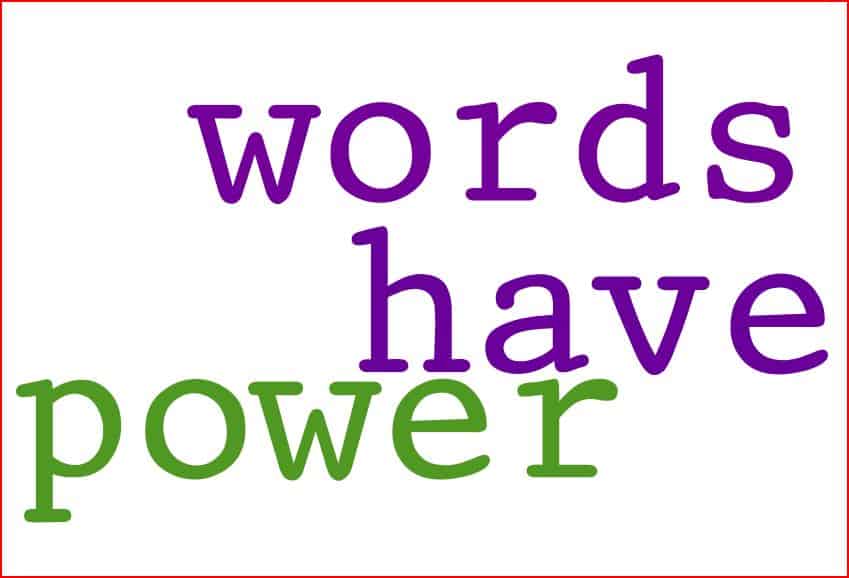Here we speak about communication most often in how a foreign accent affects others ability to understand and relate to you in the professional and social realms. But today lets look at body language. I came across this interesting article in the Harvard Business School website on how your body language affects you. Not on how it effects others.
Did you know that your body language sends messages to you? In real and measurable ways. When you have a bold pose such as hands behind your head, with your feet on your desk, or with both hands on your desk leaning over the desk, actually increasing testosterone while lowering cortisol numbers. Body language changes physical activity in your body and can change your perception of yourself.
The author does point out however that even more important than body language is the warmth that you communicate with. Having a good idea or being an expert in a field only gets you so far. Communicating your ideas and knowledge with warmth is what helps you bring people in, so they can hear you and understand your point of view.
The take-away is to meet people where they are, stay calm and patient and really listen to them even when it is your idea or expertise that you would like to share. People in general want to be understood not lectured to.
Lynn Founder of Accent Master









